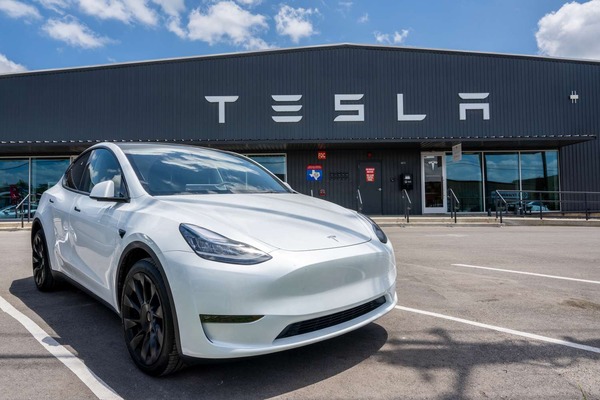Over half of Africa’s people, about 600 million people, lack access to even the bare minimum of electricity. The challenge lies in extending access without exacerbating global warming by relying on fossil fuels. However, a new study reveals that Africa has the potential to transform its energy landscape by fully utilising renewable resources.
A team from Rwanda and Germany has built the Renewable Power Plant Database Africa, the first of its kind on the continent. This database compiles available open-access data on hydro, wind, and solar energy sources.
Read also: Nigeria turns to agri-food tech startups to boost food production
African Transnational Electricity Sharing and Data Accessibility
To achieve this renewable energy transformation, African countries must embrace transnational electricity-sharing arrangements. Cooperation across borders is crucial to ensure a stable supply of renewable energy for all. Additionally, providing openly accessible and location-specific data is fundamental for developing an integrated sustainable renewable energy mix.
Solar energy, in particular, is poised to play a pivotal role. Recent progress in improving efficiency rates for solar cells, driven by the so-called ‘miracle material’ perovskite, has been remarkable. Commercial costs have fallen, making solar increasingly attractive.
In 2023, scientists from the University of Exeter and University College London published a groundbreaking paper in the journal Nature Communications. They declared that solar energy had reached an “irreversible tipping point.” The transition to clean energy is not only reachable but inevitable. Solar energy, widely available on Earth, is becoming economically competitive due to increasing investments.
Africa’s Clean Energy Future
As Africa faces the urgency of climate change and strives for sustainable development, renewables offer hope. By harnessing solar, wind, and hydropower, African countries can unlock their potential and provide affordable, clean electricity to millions. It’s time to embrace a future powered by the sun, the wind, and the flow of water – a future that benefits both people and the planet.
Read also: Village Capital, Moody’s Foundation unveils Greentech 2024
As of now, two African countries, Ethiopia and the Democratic Republic of Congo, have achieved the remarkable feat of generating nearly all their electricity from renewable energy sources, with solar playing a significant role.
These countries are leading the way in sustainable energy adoption. These nations have harnessed their abundant solar resources to power their grids, demonstrating the potential for clean energy solutions in Africa. It’s worth noting that while solar energy is abundant across the continent (Africa is home to 60% of the world’s best solar resources), the adoption of solar PV capacity remains relatively low, with only 1% of installed solar capacity currently in place. However, the growing awareness of climate change and the decreasing costs of solar technology may pave the way for more African countries to embrace solar energy in the future.



